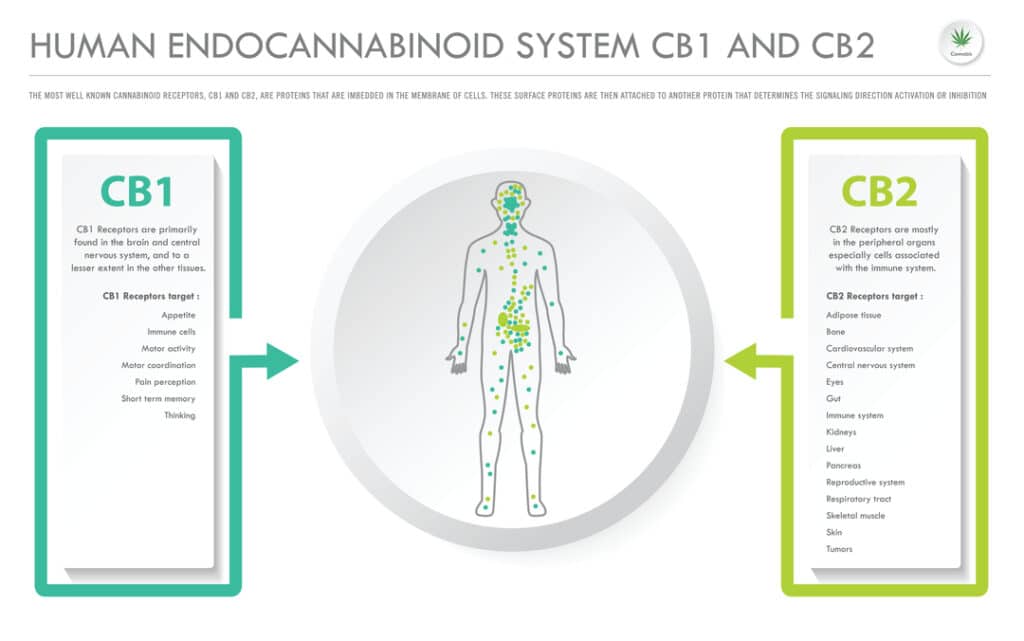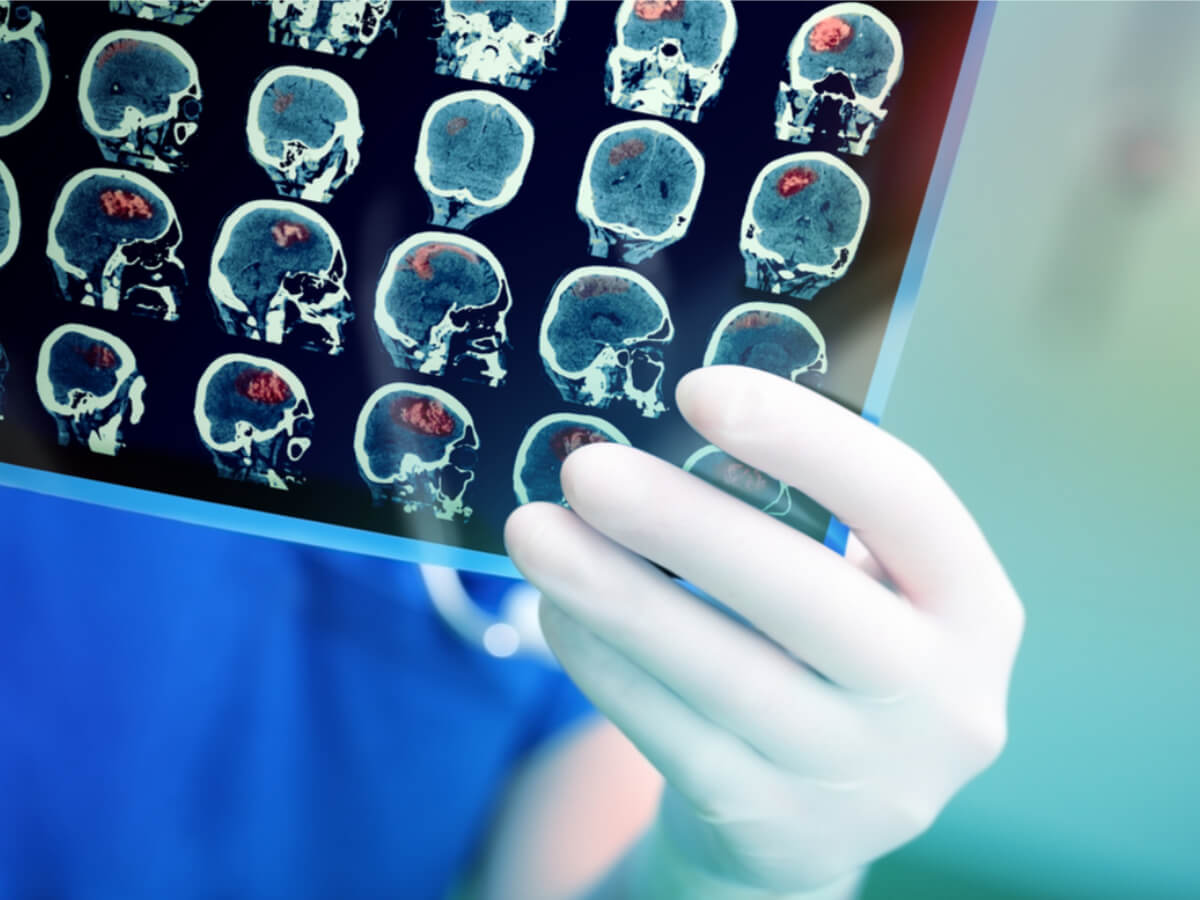I received a message from a potential patient who had some questions concerning medical marijuana and brain cancer. So, I did a little research and found some interesting information.
What is Glioblastoma Multiforme?
Glioblastoma (GBM) is the most invasive brain tumor and one of the deadliest types of cancer. Here’s what we know:
- Glioblastoma can occur at any age, but tends to occur more often in older adults.
- It develops from star-shaped glial cells (astrocytes and oligodendrocytes) that support the health of the nerve cells within the brain.
- GBM occurs most often in the cerebral hemispheres, especially in the frontal and temporal lobes of the brain.
- Aggressive therapeutic approaches are most often used to treat brain cancer such as surgery, radiation therapy, chemotherapy, tumor treating fields therapy, etc.
- Only 20% of this cancer type sustains any long-term tumor regression.
- More than 95% of GBM patients lose this battle within 5 years after diagnosis.
- GBM is a devastating brain cancer that typically results in death within the first 15 months of diagnosis.
What are the symptoms of brain cancer?
Symptoms of this invasive brain tumor depends on the location but can be any of the following:
- Persistent headaches.
- Double or blurred vision.
- Vomiting.
- Loss of appetite.
- Changes in mood and personality.
- Changes in ability to think and/or learn.
- New onset of seizures.
- Gradual onsets of speech difficulty
Medical Marijuana can have therapeutic effects on symptoms of brain cancer

Marijuana has been known through out the centuries for its healing qualities in treating various ailments. Brain cancer carries heavy side effects that can be calmed by this herbal remedy including:
- Calming nausea and vomiting caused by chemotherapy.
- Soothing pain, resulting in less pain medication in some cases.
- Increasing appetite.
- Relieving anxiety.
The First Human Trials On Medical Marijuana and Brain Cancer
In 2017, Phase II of the first human trials was conducted on 21 patients with aggressive brain tumors, or glioblastoma multiforme (GMB).
These trials evaluated some patients with cannabis, or medical marijuana, and some with a placebo, indicating positive results regarding the survival of GBM patients upon cannabinoid treatment.
Patients in the THC:CBD group received a maximum of 12 orally administered sprays per day delivering 100 µl of a solution containing 27 mg/ml THC and 25 mg/ml CBD.
Cb1 and Cb2 tells cancer its time to go!
GBM tumors are known to express both major cannabinoid-specific receptors CB1 and CB2. They are the receptors that cannabis attach to, but they also trigger signals within cancer cells telling them to commit suicide or to die.

These signals can be grouped into three categories:
- Cell death-inducing signals (apoptosis and cytotoxic autophagy)
- Decrease in cancer cells (cell proliferation-inhibiting processes)
- Depriving the cancer cells of oxygen and nutrients (anti-angiogenic mechanisms)
The results are in and numbers do not lie!
At the end of the trials, results found that people treated with cannabis, having this type of aggressive brain tumor, had actually extended life from 53 weeks up to 89 weeks. This is quite a remarkable extension of life.
The THC:CBD plus TMZ group showed an 83% 1-year survival rate with a median survival over 662 days compared with 369 days in the control group.
The control group received only TMZ, a chemotherapy pill. This group had a 44% 1-year survival rate.
Today, there is still an urgent need to develop novel therapeutic strategies against this disease.
Growing evidence indicates that cannabinoids have potent anti-tumor functions and can be used successfully in the treatment of GBM.
Studies are showing success.
Studies on rodents also show tumor regression. The best studied effect of cannabinoids on GBM pathophysiology is the inhibition of tumor growth.
Nine publications were identified and subdivided in 22 studies involving 301 animals. Overall, cannabinoid therapy reduced tumor volume in animal models of GBM, when compared with untreated controls.
There is a substantial amount of interesting research being done concerning marijuana and brain cancer, especially in Spain, Italy, and Israel.
How can I find help in the medical marijuana program?
Over 3.5 million people have found relief in the medical marijuana program. If you or a loved one is suffering from brain cancer or any other qualified condition, this program is highly recommended.
For residents of Pennsylvania, Medical Marijuana Specialists is among the top medical marijuana certification centers in the state. Nurse Shelly and Dr. Metcalf are available 7 days a week to complete 1 day certifications and answer all of your questions.
Once you complete the certification process and receive your id card, you can visit any of the dispensaries in your area.
Have a question? Let Us Know!
We encourage all to inquire, to ask questions, and comment on our Medical Marijuana and brain cancer educational articles.
Please help us continue to spread this knowledge by sharing our articles with friends, family, and all who seek relief!
We love your feedback and ideas!
If there is a topic you would like for us to cover, please email shelly@getyouridcard.com .
Take care and find happiness in health!





One Response